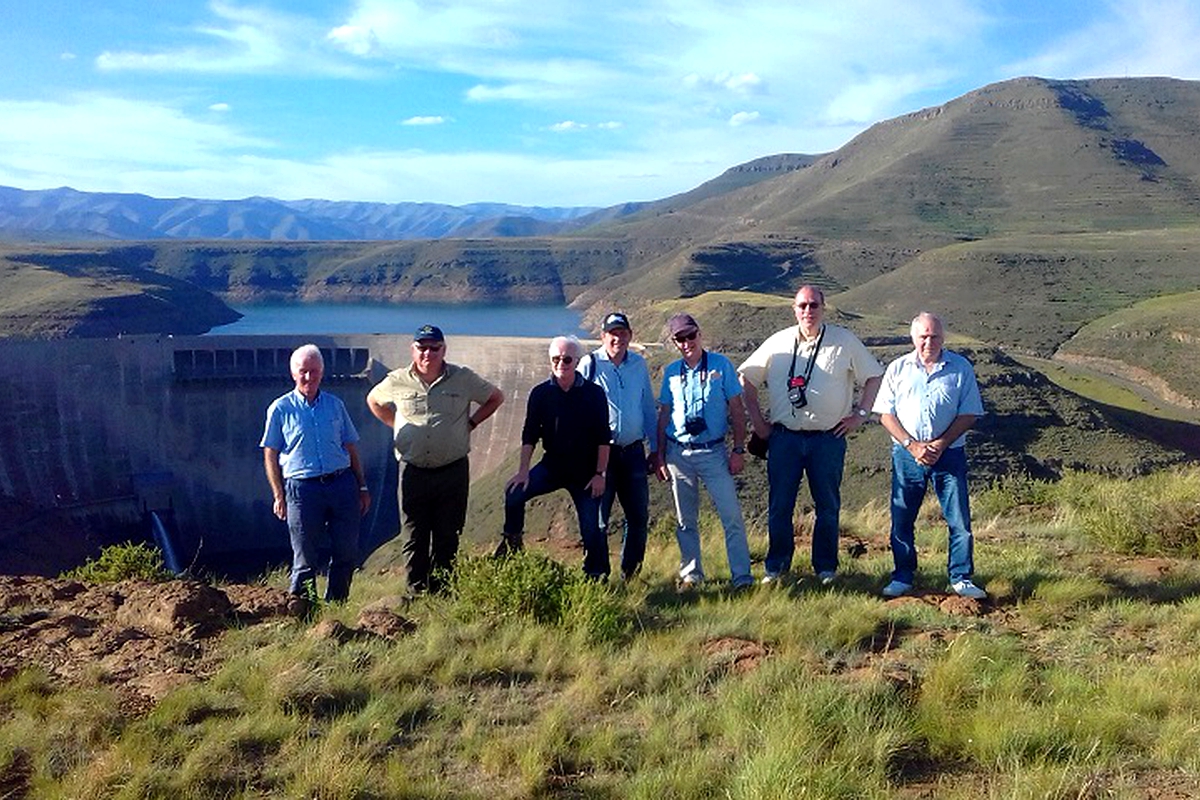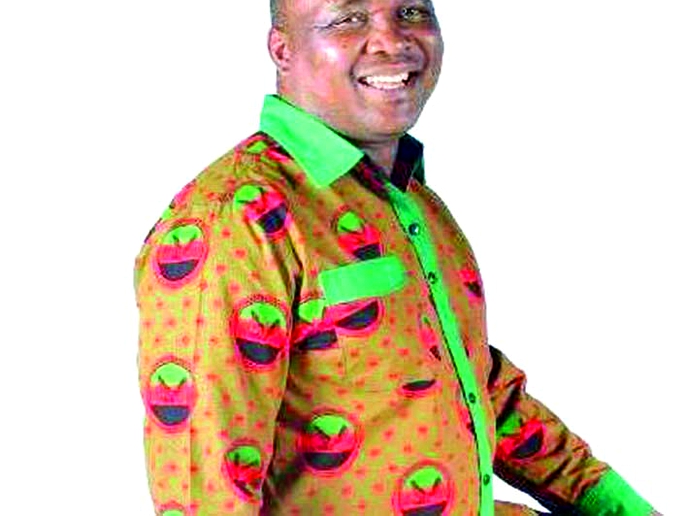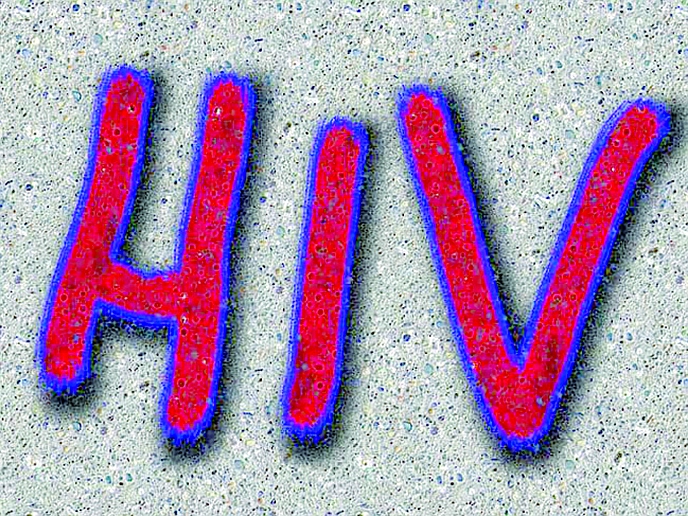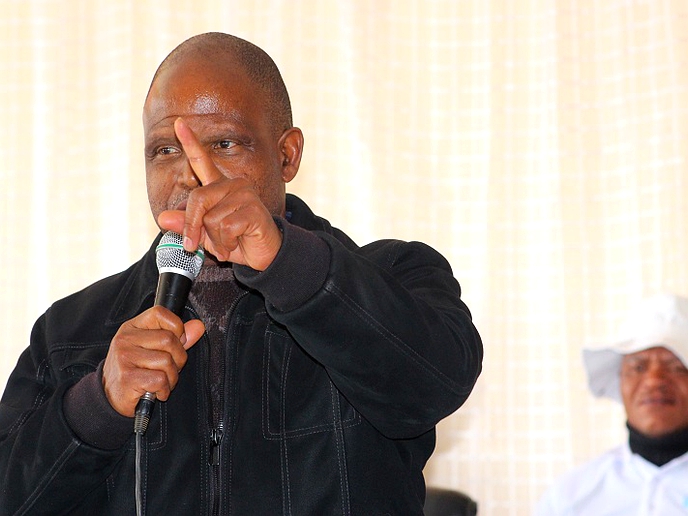The Lesotho Highlands Development Authority (LHDA), the implementing and management authority for the Lesotho Highlands Water Project (LHWP), on behalf of the government of Lesotho, has appointed an engineering Panel of Experts for Phase II of the project. The appointments were finalised in December 2018 and the panel’s first mission kicked off in January 2019 with a site visit to the project area in the Mokhotlong district.
news
Jan. 24, 2019
3 min read
Engineering panel of experts appointed for water project

The LHWP is multi-phased, multi-billion Maloti/Rand project between the governments of the Kingdom of Lesotho and the Republic of South Africa. It comprises water transfer and hydropower generation components with associated ancillary developments. The water transfer component entails the construction of dams and tunnels in Lesotho, enhancing the use of water from the Senqu (Orange) River and its tributaries by storing, regulating, diverting and controlling the flow to effect the delivery of specified quantities of water to South Africa, and utilizing the delivery system to generate hydro-electric power in Lesotho. The panel members hail from as far afield as the United Kingdom, Europe, the United States and Australia. All are highly respected and have earned international esteem for their specific expertise. Their combined knowledge covers tunnelling, bridges, concrete faced rockfill dams (CFRD), hydro-mechanical and geotechnical engineering, grouting and construction.
Enjoy our daily newsletter from today
Access exclusive newsletters, along with previews of new media releases.
“The LHDA’s appointment of an external panel of experts to provide technical reviews of the major works of Phase II reflects its commitment to implementing Phase II to the highest quality and in accordance with internationally recognised standards to minimise the risk of engineering errors,” confirms Tente Tente, LHDA Phase II Divisional Manager. At the start of the Joint Mission, the panel was introduced to the full scope of the project and met with LHDA CE, Mrs Refiloe Tlali, and the Lesotho Highlands Water Commission before embarking on the visit to Polihali.
The Joint Mission followed closely on the formal site handover to the WBHO/LSP Joint Venture for the civils works at Polihali and Katse village. The scope of work under this contract includes earthworks and the creation of platforms for buildings, water and wastewater systems, landfill, roads, drainage, electrical and telecommunications networks. The LHDA also has an environmental Panel of Experts engaged to review social and environmental activities. This is to ensure that its implementation of social, neenvironmental and public health programmes is in accordance with internationally recognised standards.
Phase II of the Lesotho Highlands Water Project builds on the successful completion of Phase I in 2003. It delivers water to the Gauteng region of South Africa and utilises the water delivery system to generate hydro-electricity for Lesotho. Phase II will increase the current supply rate of 780 million cubic metres per annum incrementally to more than 1 270 million cubic metres per annum. At the same time, it will increase the quantity of electricity generated in Lesotho and is a further step in the process of securing an independent electricity source to meet Lesotho’s domestic requirements.
The major works of Phase I included the construction of the Katse Dam, the water transfer and delivery tunnels, ‘Muela Dam and ‘Muela Hydropower Plant and the Mohale Dam. The Phase II water transfer component comprises a dam at Polihali and a transfer tunnel that will connect the reservoir at Polihali with the Katse Reservoir. Feasibility studies into the hydropower component of Phase II, have recommended conventional hydropower as the most feasible option to meet Lesotho’s energy needs motivating the decision to advance the studies for three sites to bankability.
Tailored for you






